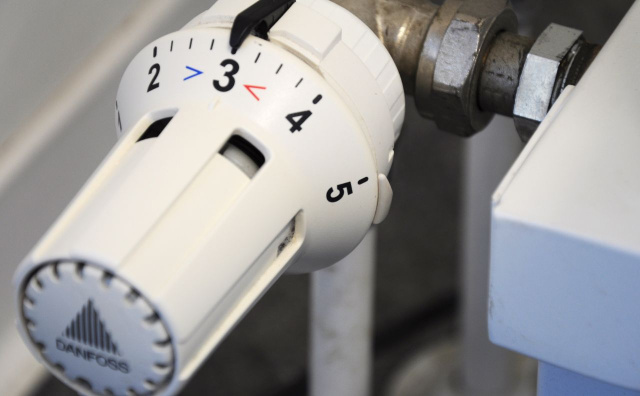
Residents of Sofia’s “Druzhba 2” district remain frustrated as urgent repairs to the local heating network, operated by Toplofikatsia Sofia, are set to begin just as the heating season starts in October. The planned works are expected to last around three months, leaving many households without hot water and heating potentially until the New Year. Concerns have grown that delays due to winter weather could extend the disruption further, and not all residents have alternatives for heating.
“I always heat my water myself and live alone, so a boiler isn’t necessary, but families with children will struggle,” one resident explained to BNT, highlighting the difficulties faced by larger households.
Toplofikatsia Sofia’s executive director, Petar Petrov, stated on BNT that residents would not receive compensation for the outage due to financial difficulties, adding that affected areas should expect a maximum of 15 days without heat. However, skepticism remains high among locals.
“This feels like an evasion. It’s cynical not to compensate residents. The director doesn’t even know the schedule – he mentions 12 days, 5 days, 15 days. How can I plan? We still have to pay the bills,” said another resident. Some residents hope to rely on air conditioning, but concerns persist over the capacity of the local electricity grid to handle the extra load.
Sofia Mayor Vasil Terziev weighed in, criticizing Delyan Peevski of DPS-New Beginning, who had notified the prosecutor’s office about the repairs. Terziev suggested Peevski’s involvement is more about political posturing than problem-solving. “Mr. Peevski, sanctioned under the Magnitsky Act, has no history of solving real problems. Such figures are often at the root of crises – they are distant from the people but close to resources. I expect a thorough investigation into Toplofikatsia’s management over the last 15 years so the people of Sofia can know the truth and those responsible are held accountable,” Terziev stated.
The mayor also provided context on Toplofikatsia Sofia’s long-standing issues: the company has been in a severe financial and technical crisis long before his tenure; it is still managed by political groups GERB, BSP, and TISP; and accumulated debts and dependence on Bulgargaz stem from years of negligence and inaction. Terziev emphasized that a concession is necessary to prevent exploitation by private companies and stop Sofia residents from bearing the financial burden of mismanagement.
Addressing Peevski directly, Terziev added, “It is better for him to stay away. We all remember what happened with Lafka, Bulgartabac, Corpbank, and other enterprises affected by the ‘Peevski phenomenon.’ Residents need transparency, stability, and a modern energy service – not empty schemes and political posturing.”